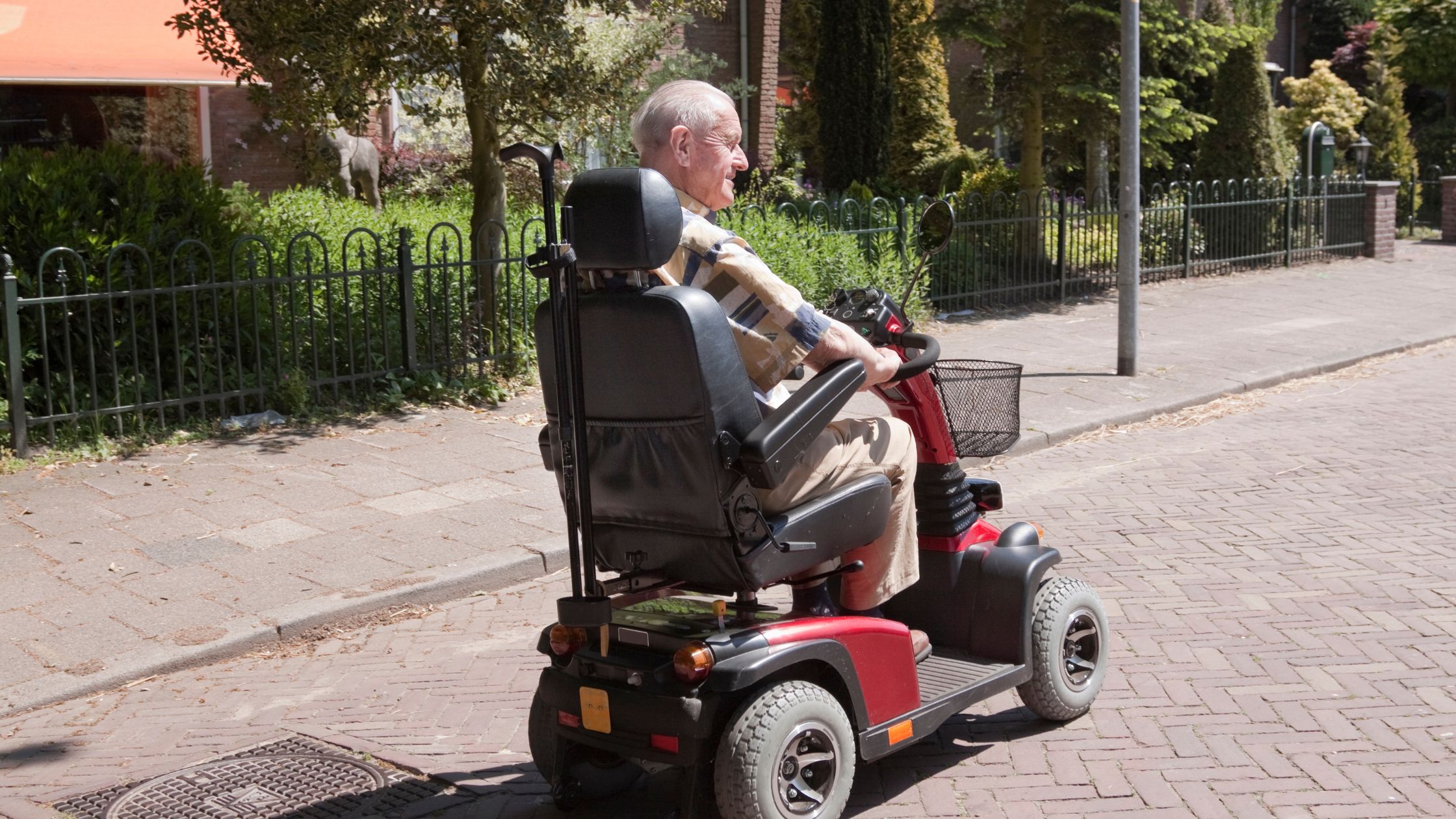Elderly individuals face various health challenges, and dehydration is a significant concern. Can an elderly person die from dehydration? The answer, unfortunately, is yes. Dehydration is a serious condition that can lead to severe complications, including death, especially among seniors.
Understanding the risks of dehydration in older adults is crucial for their well-being. Various factors, including age-related changes, health conditions, and inadequate water intake, contribute to this risk. In this article, we will delve into the reasons why dehydration is so dangerous for elderly individuals, and how caregivers and family members can help prevent it.

What is Dehydration?
Dehydration occurs when the body loses more fluids than it takes in, leading to a shortage of water and other essential substances in the body. This can affect the body’s normal functioning and cause various health issues, particularly in older adults who may already struggle with other health conditions.
Signs and Symptoms of Dehydration
Recognizing the signs of dehydration in seniors is essential. Common symptoms include thirst, dry mouth, decreased urine output, fatigue, dizziness, and confusion. Severe dehydration can cause serious complications such as kidney stones, urinary tract infections, and even cardiovascular problems.
Why Are Elderly People at Higher Risk?
Several factors make the elderly more susceptible to dehydration:
- Decreased sense of thirst: As people age, their sensation of thirst diminishes, leading them not to drink enough fluids.
- Medication use: Many medications taken by seniors can increase the risk of dehydration.
- Health conditions: Conditions like diabetes and dementia can exacerbate dehydration risks.
- Physical limitations: Some seniors may find it challenging to access fluids due to mobility issues.
Impact of Chronic Illnesses
Chronic illnesses are prevalent among the elderly and can exacerbate the risk of dehydration. For instance, individuals with Alzheimer’s disease may forget to drink water, while those with diabetes need to be even more vigilant about hydration due to the risk of complications from high blood sugar levels.
Prevention Measures
Preventing dehydration is crucial for maintaining the health and well-being of elderly individuals. Here are some preventive measures:
- Encourage regular fluid intake: Ensure seniors drink fluids consistently throughout the day.
- Monitor medications: Be aware of medications that might cause fluid loss and consult healthcare providers for alternatives if necessary.
- Track health conditions: Keep a close watch on conditions that might affect hydration levels.
- Use of helpful tools: Consider products like a back massager to relieve discomfort, encouraging more fluid intake due to increased comfort while sitting.
The Role of Caregivers
Caregivers play a critical role in preventing dehydration. By monitoring fluid intake and understanding the individual’s unique health situation, caregivers can help ensure better hydration levels. Additionally, implementing tools like a grabber tool can assist seniors in accessing fluids independently.
Complications of Dehydration in the Elderly
Dehydration can lead to various complications, significantly impacting the quality of life. Due to decreased fluid balance, seniors can experience:
- Kidney problems: Decreased kidney function due to dehydration can lead to further complications such as kidney stones.
- Blood pressure issues: Low blood volume can result in low blood pressure, causing dizziness and falls.
- Severe cognitive impairment: Lack of fluids affects brain function, exacerbating disorders like dementia.
When to Seek Medical Help
Recognizing when to seek medical help is vital. If an elderly person shows signs of severe dehydration, such as extreme thirst, confusion, or unconsciousness, it’s crucial to get urgent medical attention.
Conclusion
In conclusion, the question ‘Can an elderly person die from dehydration?’ highlights the serious nature of this health issue. Understanding and preventing dehydration in seniors is key to ensuring their health and longevity. By staying informed and proactive, caregivers and family members can make a significant difference in the lives of older adults.
Ensuring that senior loved ones have access to proper hydration tools and are guided in maintaining a consistently hydrated state will help them live healthier, more comfortable lives. Consider integrating helpful products, like the best lift chairs, to further support mobility and comfort, enhancing their overall quality of life.

FAQ
What makes seniors more prone to dehydration?
Age-related changes such as a diminished sense of thirst and certain medications make seniors more prone to dehydration.
What are the early signs of dehydration in the elderly?
Early signs include dry mouth, fatigue, and decreased urine output.
How can caregivers help prevent dehydration?
Caregivers can ensure regular fluid intake, monitor medications, and use helpful tools to aid in hydration.
This article contains affiliate links. We may earn a commission at no extra cost to you.

